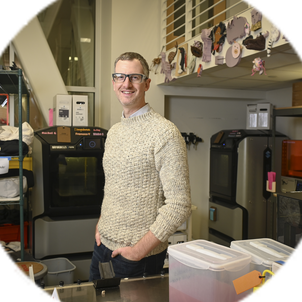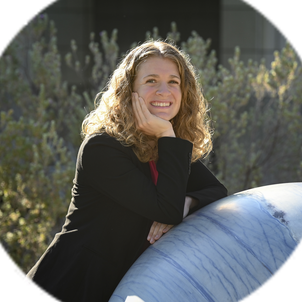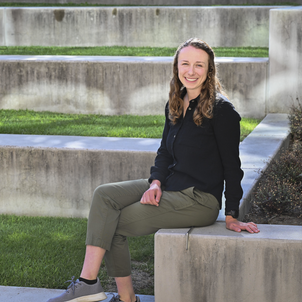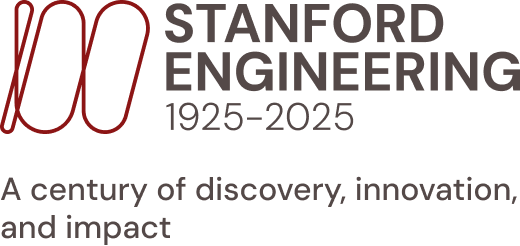That really inspired me – and today, as an engineer, I work on energy efficiency as one of the necessary components to combating global warming.
Usually, people think about energy efficiency only in mechanical terms, like designing a better machine or building. But on a fundamental level, energy efficiency is driven by human behavior. When we get home, we turn on lights; when we leave, we turn them off – and that behavior is in turn shaped by social and cultural factors, like if you have kids in the house or if you don’t.
There’s also a racial component to energy efficiency. Non-white Americans, for example, are wildly underserved when it comes to making their homes and businesses energy efficient. Part of that is because existing programs often require a credit score or home ownership to qualify, which causes huge inequities.
This year, I’m co-teaching a course at Stanford called Racial Equity and Energy. Its goal is to have important conversations about race and energy, and help a new generation understand that you can’t come up with solutions without taking into account existing injustices.
Right now seems like an ideal time to have these sorts of conversations. In the past year, we’ve seen powerful hurricanes in the Gulf, huge tornadoes, and massive fires out West, so climate change is really visceral. At the same time, we have Black Lives Matter and police violence and institutional, systemic racism, which are also visceral. It’s important to talk about how they’re interconnected.
The best advice I can offer students is this: Talk to people who have a different background than yours, and listen to what they have to say. One of our biggest problems as a society right now is that we don’t listen to people who experience the world differently than we do, and that causes deep misunderstanding and division.
As engineers, it’s also important to realize that our work isn’t just about steel and concrete, or water runoff, or electronics. On a fundamental level, people and their experiences are inextricably tied to anything you design.
Related spotlights

Dan Somen

Sonia Martin


